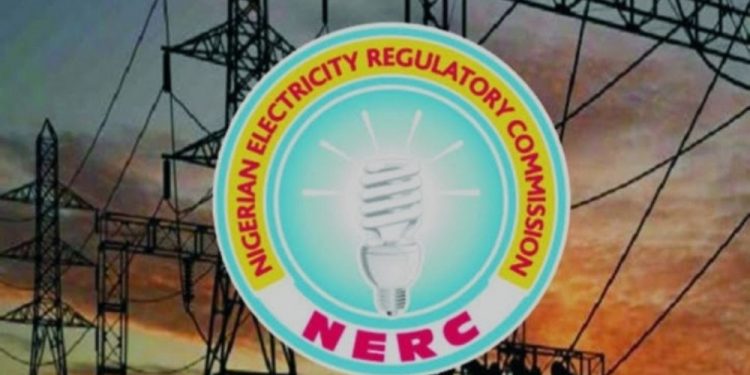The Nigerian Electricity Regulatory Commission (NERC) has called for the reallocation of the $2 billion fund currently managed by the Rural Electrification Agency (REA) to include industrial and large-scale power needs, beyond its current focus on rural communities.
NERC Vice Chairman, Musiliu Oseni, made the call during the Technical Sessions marking the commission’s 20th anniversary in Abuja, emphasizing the need for a policy shift from household electrification to powering industries and driving national prosperity.
He said Nigeria must move from merely providing access to electricity toward using power as a catalyst for economic growth. “You can power access through mini-grids, but you can’t power your economy to prosperity. We must ensure that access translates to productivity, and productivity translates to jobs and growth,” Oseni stated.
Highlighting the commission’s achievements, he noted that effective regulation by NERC had saved the Federal Government trillions of naira in subsidies, strengthened market reliability, and enhanced consumer protection.
Mr. Oseni identified transmission as the weakest link in Nigeria’s power value chain, explaining that the newly established Transmission Infrastructure Fund (TIF) was designed to attract private capital, both local and international, to strengthen the grid and improve its capacity for industrial expansion.
“The commission’s focus has shifted toward unlocking private investment in transmission. We must move from subsidy savings to investment stimulation,” he said.
The REA fund, originally designed to bridge electricity access gaps in rural and underserved areas through capital subsidies and grants, currently supports off-grid and mini-grid projects. However, Oseni argued that a portion of the $2 billion should be channeled into projects that boost industrial productivity and national competitiveness.
By expanding the scope of the fund, he said, Nigeria can accelerate its energy transition from basic access to large-scale power generation capable of supporting industries, creating jobs, and fostering sustainable economic growth.










